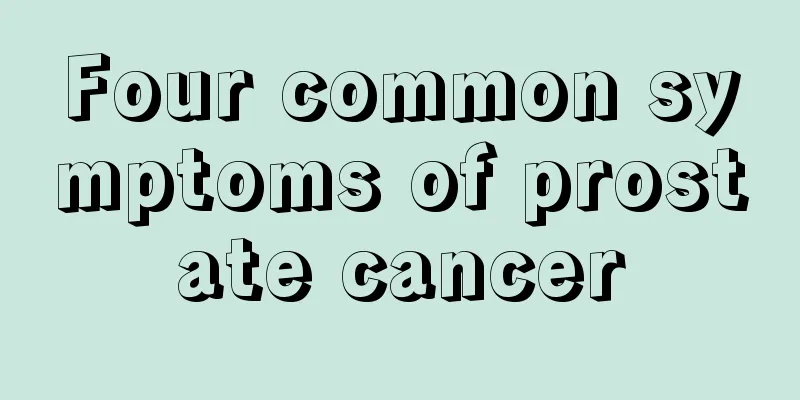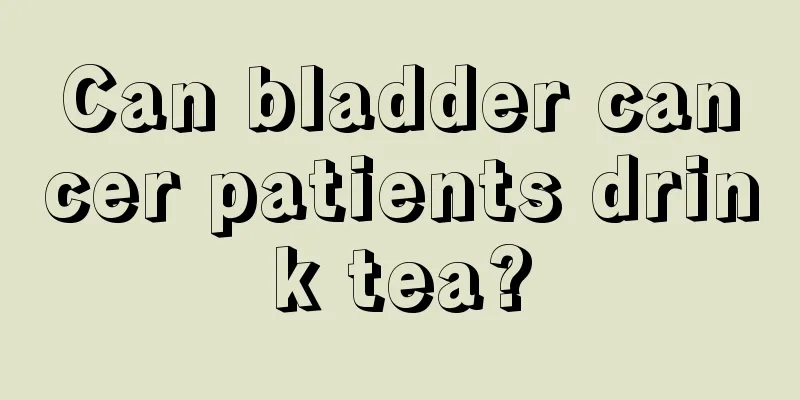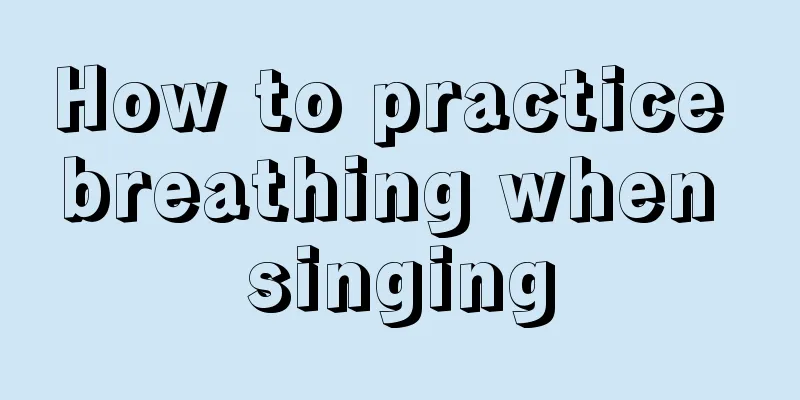What happens if you take too much antipyretic medicine

|
If the number displayed when measuring body temperature is higher than 37 degrees or 38 degrees, it means that the body has a fever. The best treatment is to take antipyretics in time. However, taking too much antipyretics will bring side effects to the body, causing vomiting and nausea, and in severe cases, it will cause fainting. Therefore, before taking antipyretics, you must follow the medical instructions and make sure to choose the antipyretics that suit you, otherwise it will cause adverse reactions. 1. It is not recommended to take antipyretics if the body temperature is slightly high. When the body temperature reaches above 38.5℃, the patient will feel uncomfortable, and if the patient is a child, convulsions may occur easily. However, antipyretics are best used after the cause is identified. There is no benefit in hastily using antipyretics when the cause is unknown. 2. Patients with fever often have poor appetite, cannot eat, and drink little water. If they take antipyretic drugs too aggressively, it can easily lead to collapse, injury to the gastric mucosa, or even gastric bleeding. 3. Antipyretic drugs have certain side effects, which can cause harm to the body and in severe cases can even lead to nephritis. The main reason why patients with fever should not use antipyretics easily is that diseases have their own development laws and their own so-called "fever types". When the disease has not been clearly diagnosed, antipyretics are used hastily, causing the body temperature to drop, masking the typical symptoms of the disease and easily delaying the diagnosis. For example, the fever type of typhoid fever is retained fever, that is, persistent fever, but after using antipyretics, the body temperature drops, and it is no longer clear from the fever type that it is a retained fever type, which can easily delay the diagnosis. In addition, keep in mind that patients with fever who use antipyretics can easily sweat profusely or even collapse. Children's colds often cause fever, which is particularly worrying for parents, so they give their children a lot of antipyretics. In fact, medical experts do not advocate lowering a child's temperature immediately after they have a fever. Because fever is also a manifestation of the child's own resistance to disease, reducing the temperature as soon as the fever occurs is not good for the child's immune function. Any temperature below 38℃ is considered a low fever, so parents don’t need to worry too much. Experts suggest that if a child's temperature is above 38.5℃, he or she can take some antipyretics. However, antipyretics should be taken under the guidance of a doctor. It is more desirable to use physical cooling methods, such as warm water baths, cold compresses, etc. It is very important to pay attention to protecting children's neck. In the eyes of many people, a cold is just a minor illness, but if it develops, a minor illness may become a big problem, especially for children who are still in the developmental stage. A cold may cause a complication called atlantoaxial inflammation, which may cause the child's neck to lose flexibility. |
>>: What to do if the growing teeth hurt?
Recommend
Chemotherapy drugs for osteosarcoma
Many osteosarcoma patients are afraid of surgery ...
What does TSH mean for subtotal thyroidectomy
Subtotal thyroidectomy for thyroid cancer TSH ref...
What are the symptoms of peripheral arteriosclerosis?
Peripheral arterial sclerosis often occurs in the...
Can bananas and eggs be eaten together
Bananas and eggs can be eaten together without ca...
Commonly used drugs and regimens for chemotherapy of esophageal cancer
Esophageal cancer is a common tumor of the digest...
What should I do if my wrist tendons are strained?
The tendons on the wrist are also called wrist li...
What are the methods for treating esophageal cancer
Esophageal cancer is a disease that is quite harm...
The reason why there are black spots inside toenails
There are many reasons for black spots in toenail...
What should I do if my feet are too thin and my shoes are too wide?
In the past, people usually went to physical stor...
What are the effects of amino acid injection night
In life, many people have weak physical resistanc...
How to use the mosquito repellent buckle
The anti-mosquito buckle is a kind of anti-mosqui...
Digitalis poisoning
In clinical medicine, medication is an indispensa...
What is the cause of osteosarcoma?
The main tissue components of osteosarcoma are tu...
What are the treatment methods for potential complications of esophageal cancer?
Surgery has always been the traditional treatment...
Pain when pressing the spine in the middle of the back
Occasionally, people will feel that the middle sp...









